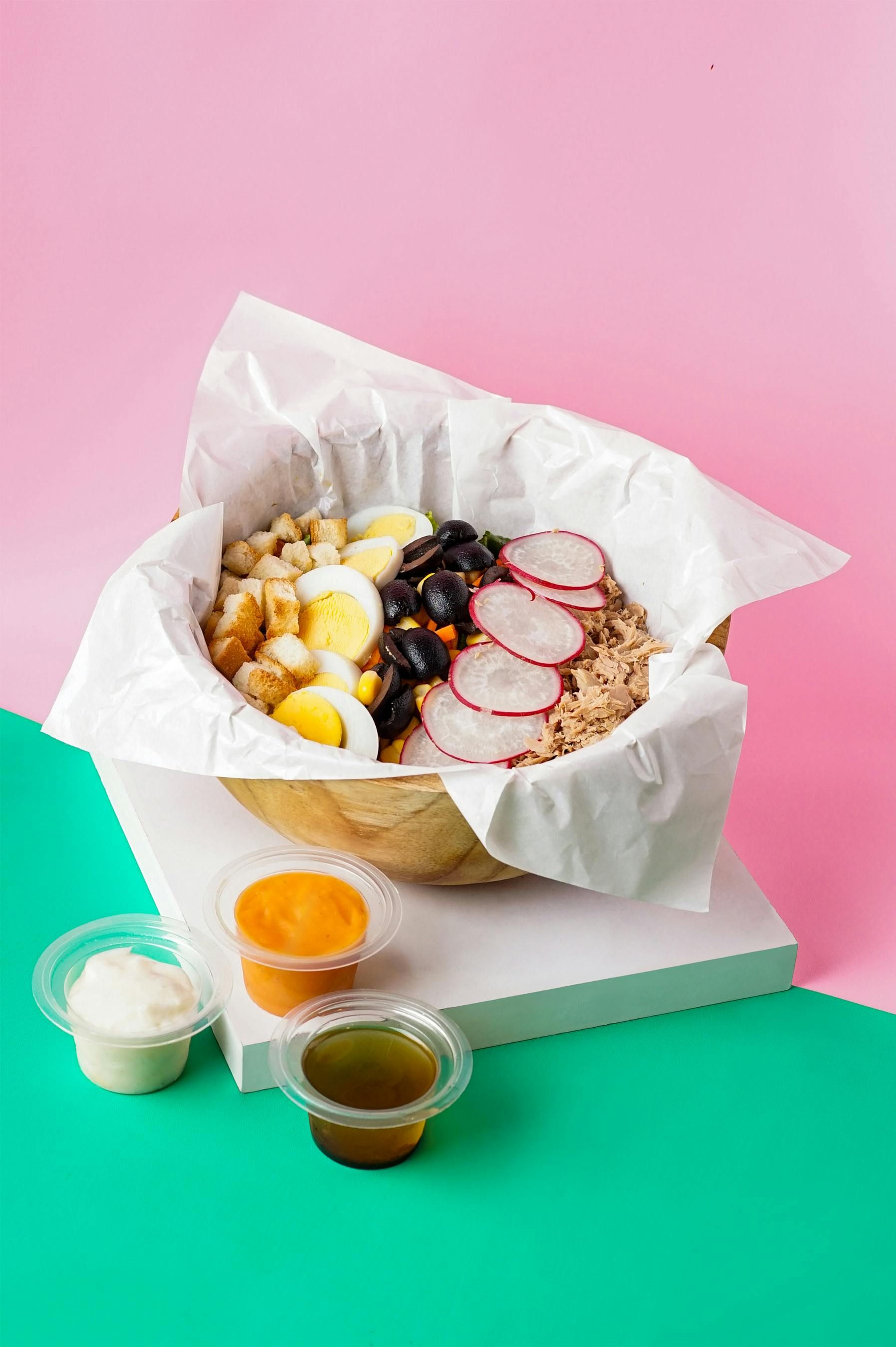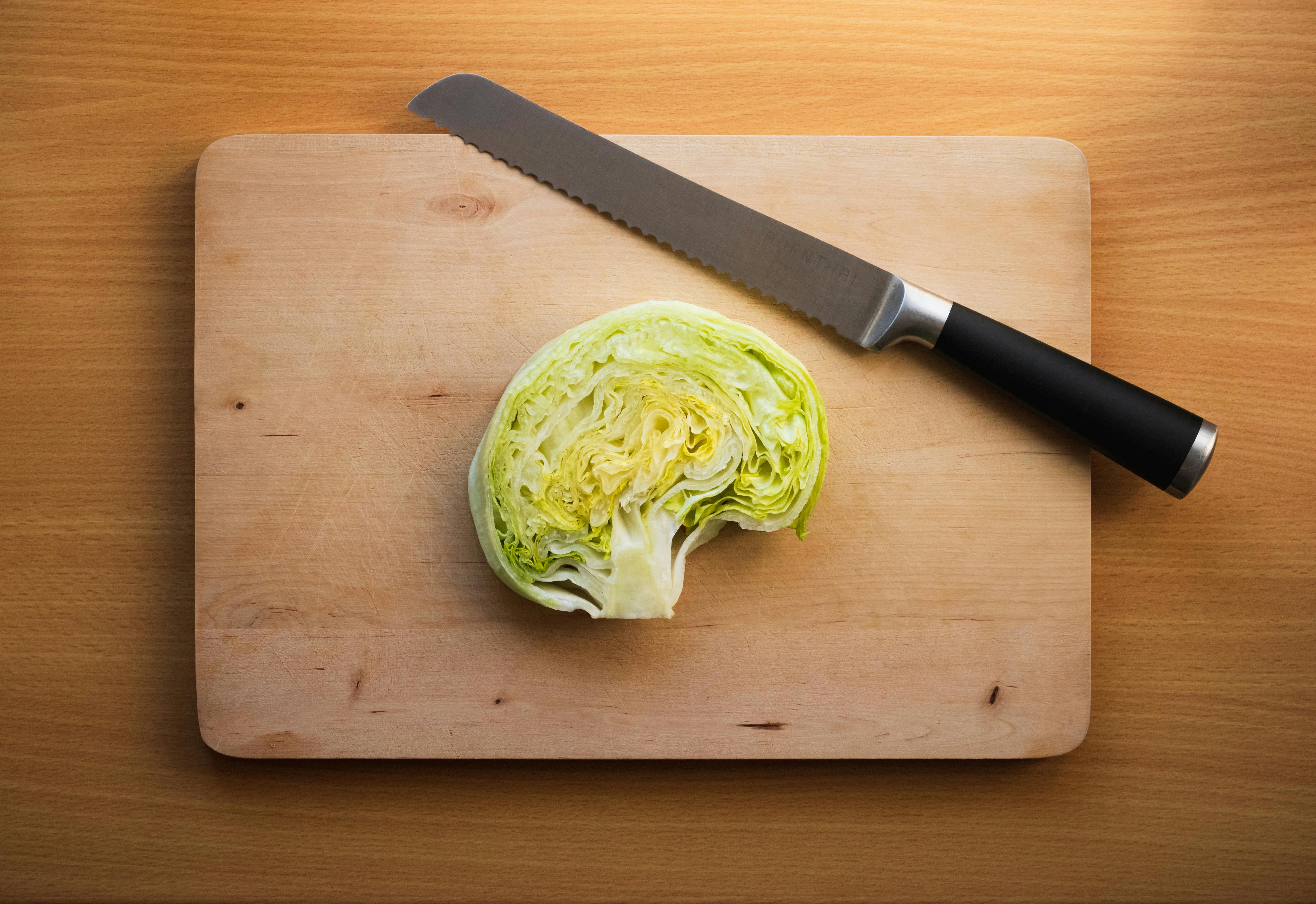Low-Carb Dukan Diet: Details, Plan, Safety Considerations, and More Information
Get ready to dive into the Dukan Diet, a high-protein, low-carb regime that's gaining popularity among weight-loss enthusiasts. But, is this diet all it's cracked up to be? (Hint: It's not.)
Welcome to the lowdown on the Dukan Diet – a comprehensive guide to the four phases, what you can eat, and why it might not be the best option for long-term health.
What's up with the Dukan Diet?
Here's some background on this big-time diet trend. The Dukan Diet was created in the 1970s by Dr. Pierre Dukan, former military doctor and general practitioner. In 2000, he published "The Dukan Diet" book, which went on to become an international sensation. More recently, it's gained attention on TikTok.
Now, let's get straight to the good stuff!
The Dukan Diet revolves around high protein and low carbohydrates. Unlike other diets, it also limits your fat intake. The idea behind the diet is that consuming lean proteins will leave you feeling full and prompt quick weight loss. Additionally, the diet encourages physical activity and favors unprocessed foods.
How does the Dukan Diet work?
Was Avril talking about the Dukan Diet when she asked, "Why you have to make things so difficult?" Probably not, but the diet sure does live up to that description. The diet consists of four phases. Phases 1 and 2 are for weight loss, while phases 3 and 4 are maintenance. The time spent in each phase depends on the amount of weight lost, age, and the number of prior diets.
Here's a step-by-step lowdown of the phases:
- Attack phase: This is the kick-off phase meant to initiate the diet. It's extremely strict, allowing only lean proteins from an approved list of foods. Generally, people stay in this phase from 1 to 7 days.
- Cruise phase: During this phase, you're advised to be in it for 3 days for each pound you want to lose. For example, if you want to lose 10 pounds, the phase will last 30 days. You'll continue to eat a lot of lean protein, but with the addition of approved vegetables every other day.
- Consolidation phase: The goal is to participate for 5 days for every pound lost during the first two phases. You can eat unlimited amounts of vegetables and proteins. However, one day a week, you can eat only lean protein.
- Stabilization phase: Long-term weight maintenance is the aim of this phase. Although you can eat anything you want, rules and restrictions still apply.
Does the Dukan Diet actually work?
First half of Consolidation phase
The Dukan Diet is about as great a way to lose weight as a midnight snack in a haunted kitchen. Fad diets, like the Dukan Diet, rarely have a solid scientific basis. They focus on instant gratification, not long-term healthy goals[1]. Chances are the rapid results stem from water loss or muscle loss. (heads up - that's not the desired outcome if you're after long-term results).
There are far superior diets to try if you seek:
Second half of Consolidation phase
- a steady weight loss pace
- weight loss maintenance
- an emphasis on health
- a healthy relationship with food[1][4]
What can (and can't) you eat on the Dukan Diet?
So, what's on the menu for this possibly dangerous diet? The answer: It depends on the phase.
Attack phase
1 serving of fruit every day (excluding grapes, figs, cherries, and bananas)
You've got unlimited access to 68 approved proteins, including chicken, quail, and duck eggs, vegetarian protein sources like seitan and tofu, fish and shellfish such as cod, shrimp, tuna, and crab, low-fat dairy products like cottage cheese, yogurt, and milk, poultry products like chicken breast, turkey, and wild duck, red meat like beef, venison, bison, roast beef, pork, and reduced-fat bacon, and more[1][2]. Additionally, you get 1 ½ tablespoons of oat bran each day[2]. How appealing is that, right?
Cruise phase
2 servings of fruit every day (excluding grapes, figs, cherries, and bananas)
Get ready for some weirdness.
During this phase, you continue with Attack phase foods with the addition of 32 types of vegetables. But, you can eat veggies only every other day[2]. Fan-favorite veggies include lettuce, squash, peppers, zucchini, cucumber, asparagus, artichokes, cauliflower, mushrooms, bean sprouts, and more[2]. You also get to add a single teaspoon of olive oil and 2 tablespoons of oat bran to your diet each day[2].
Consolidation phase
Here comes the base of 100 foods, consisting mainly of lean animal proteins and non-starchy vegetables. You can also gradually reintroduce certain carbs and fats into your routine[2].
2 slices of whole-grain bread per day
By the way, there are specific rules to follow when introducing foods back into your diet[2]. Here's a chart to help explain it all:
| | || --- | --- || First half of Consolidation phase | Second half of Consolidation phase || 1 serving of fruit every day (excluding grapes, figs, cherries, and bananas) | 2 servings of fruit every day (excluding grapes, figs, cherries, and bananas) || 2 slices of whole-grain bread per day | 2 slices of whole-grain bread per day || ½ ounce of hard-rind cheese per week | 1 ½ ounces of hard-rind cheese || 1 cup of cooked starchy foods per week | 2 cups of cooked starchy foods per week || 1 celebration meal per week | 2 celebration meals per week |
2 slices of whole-grain bread per day
*FYI: Celebration meals consist of one appetizer, one main dish, one dessert, and a glass of wine. But, you can only have one serving of each item[2].
Stabilization phase
Long-term weight maintenance is the agenda for this phase. No foods are forbidden, but there are three non-negotiable rules:
- Take the stairs whenever possible.
- Consume 3 tablespoons of oat bran every day.
- Eat only pure protein on Thursdays[2].
1 1/2 ounces of hard-rind cheese per week
Health Warning: The Dukan Diet's website encourages coaching to help maintain weight loss, which could come off as a little sketchy.
Risks of the Dukan Diet
1 1/2 ounces of hard-rind cheese
Let's get real: Any diet that requires major calorie restriction can lead to weight loss. But, that doesn't make it healthy. Not only is the Dukan Diet super restrictive and complicated, but studies also show it can have some serious health implications[1][3].
A 2015 study investigated the impact of the Dukan Diet on 51 women. The study found that participants lost an average of 33 pounds (15 kilograms) in 8 to 10 weeks, with the average daily calorie intake around 1,000 calories – significantly lower than the recommended daily calorie intake of 2,000 calories for women and 2,500 calories for men[1].
Dieting in this manner can potentially cause:
- cramps
- dizziness
- dry mouth
- fatigue
- constipation
- digestive issues
- diarrhea
- headaches
- hair loss
1 cup of cooked starchy foods per week
Following the diet for an extended period may lead to more severe health concerns, such as:
- kidney disease
- liver disease
- osteoporosis
- cardiovascular disease
2 cups of cooked starchy foods per week
The final say
Long story short: The Dukan Diet is yet another fad diet marketed as a means to lose weight quickly. Even if you see some weight loss in the short-term, it's not worth it due to the diet's complexity and restrictiveness[1][4].
There's no evidence to show that the Dukan Diet can help you achieve or maintain a weight that supports overall health[1]. Additionally, it may pose some serious health risks if not carefully monitored[1].
You're much better off choosing a well-rounded diet that emphasizes general health and wellness[1][4]. If you want weight loss advice tailored to your unique needs and goals, don't hesitate to consult a healthcare professional or a registered dietitian.
1 celebration meal per week
Sources:
[1] https://www.healthline.com/nutrition/dukan-diet-everything-you-need-to-know#benefits-and-risks[2] https://www.dukandiet.com.au/the-dukan-diet-phases/[3] https://www.huffpost.com/entry/dukan-diet-review_b_1546969[4] https://www.verywellfit.com/detailed-info-on-the-dukan-diet-4050680[5] https://www.sciencedirect.com/science/article/abs/pii/S096522991830484X
2 celebration meals per week
- The Dukan Diet, popular among weight-loss enthusiasts, is a four-phased, high-protein, low-carb, and low-fat diet that was created by Dr. Pierre Dukan in the 1970s.
- The Dukan Diet's phases include Attack, Cruise, Consolidation, and Stabilization, each with different food restrictions for weight loss and maintenance.
- Despite its popularity, the Dukan Diet is not backed by a solid scientific basis and focus on instant gratification, making it questionable for long-term healthy goals.
- Other nutrition and diet types might be more effective and healthier for long-term weight loss and weight maintenance.
- Following the Dukan Diet for an extended period might lead to various health risks, such as dizziness, digestive issues, and kidney/liver disease, among other severe health concerns.








